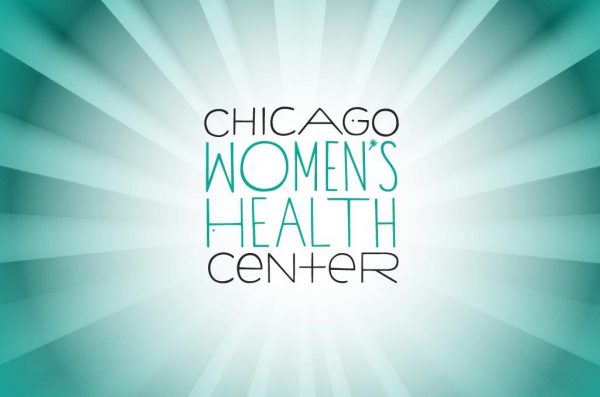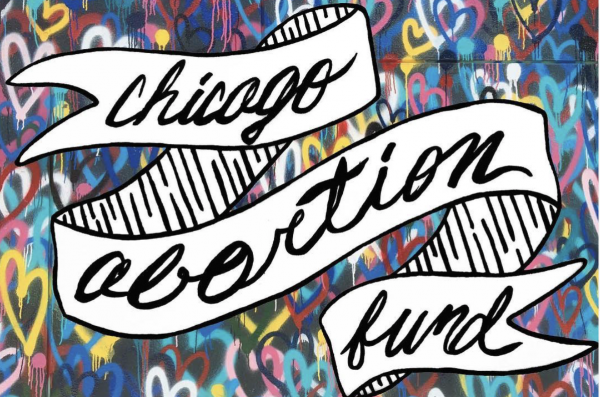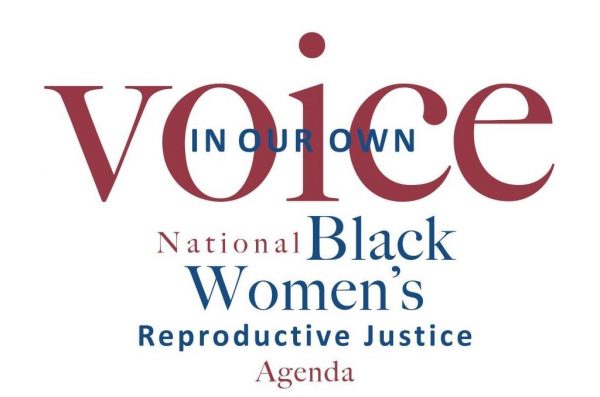Reproductive Oppression Against Black Women
Intro Heading link
Reproductive oppression refers to the regulation and exploitation of individuals’ bodies, sexuality, labor, and procreative capacities as a strategy to control individuals and entire communities. Reproductive oppression against Black women is rooted in the US history of commodification of Black women’s bodies, sexuality, and reproductive lives. During slavery, Black women were treated as factories of property and producers of wealth for their masters, and were often encouraged to bear children, subjected to systemic rape, and punished for the failure to procreate. In fact, the very economic value of an enslaved woman was attached to her fertility. Yet, in spite of the expectation to bear children, enslaved Black women had no rights to claim motherhood as well as care for and protect their off-spring.
health neglect Heading link
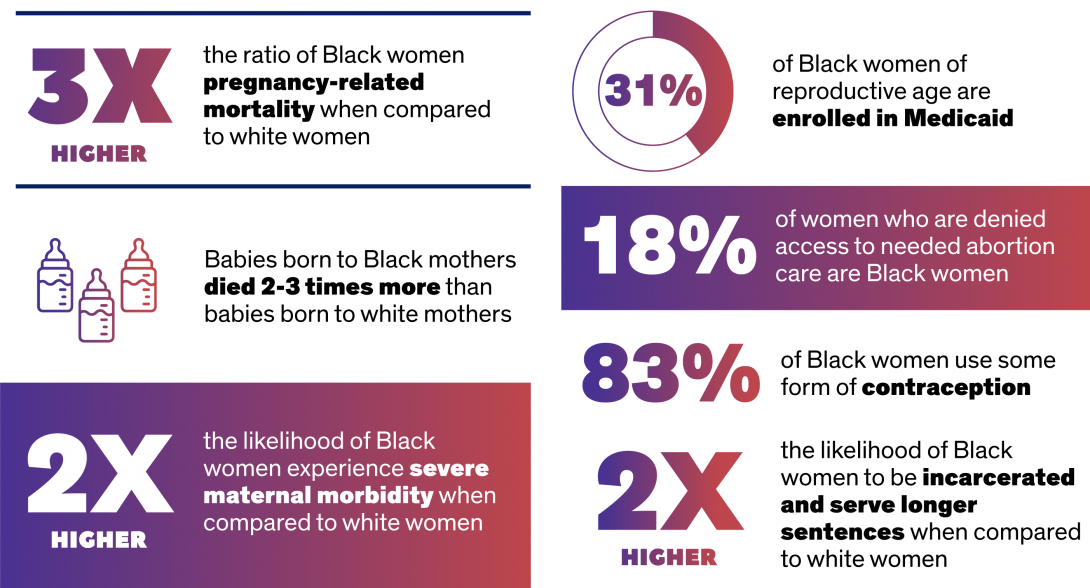
While much of mainstream discussion and organizing about women’s reproductive live are centered on issues of choice and access to safe and legal abortion. Black women’s reproductive lives are impacted by multiple social conditions that interfere in their right to not have children, but also in their right to have children, and raise them with dignity in a safe, healthy, and supportive environment. Some of these conditions include the health neglect and incarceration of Black women and the overpolicing of Black communities. Black women are disproportionately more likely to experience pregnancy-related health complications, and to become gravely ill or die in childbirth regardless of education and economic means. In fact, pregnancy-related mortality rates are higher for Black women with college degrees than for white women without a high school diploma. Black women have less access to prenatal care, as well as are less likely to receive adequate health care during labor (including medication for pain management) and postpartum care (including access to mental health services). Lastly, children born to Black women are two to three times more likely to die than children born to white women (see fact sheets).
eugenics welfare Heading link
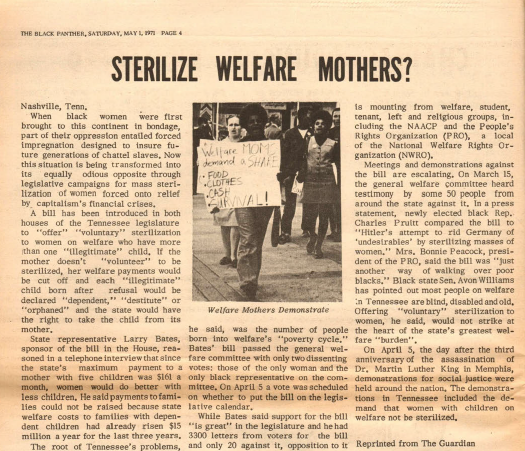
The history of involuntary, non-consensual and coerced sterilization in the US had and continues to have profound impacts on the lives of Black women. Throughout 20th century, eugenic ideologies that positioned non-whites, people with disabilities, and poor as intellectual and moral inferior aligned with controlling images that positioned Black women as promiscuous (jezebel) and Black mothers as lazy (welfare queen) provided social and scientific rationale that legitimized medical practices, policies, and laws aimed at controlling the population growth in Black communities. Eugenics state laws that legitimized the involuntary sterilization of people with disabilities and instituitionalized individuals disproportionality impacted young and poor Black women often diagnosed as mentally ill because they were seen as promiscuous, had children outside marriage, or engaged in interracial sex. For example, during the 30’s and 40’s, the North Carolina’s Eugenics Commission sterilized approximately 8,000 people, 5,000 were African American and the overwhelming majority were women under the age of twenty. The sterilization of Black women has also been legitimized by welfare policies. For example, in addition to a cap number of children one could have in order to receive government assistance in the 60’s and 70’s, Black women who had more than one child were also required to “consent” to sterilization if they wanted to receive welfare assistance. In our current time, the state continues to promote the involuntary sterilization of Black women. For example, between 2006 and 2010, two California state prisons had sterilized 148 incarcerated women without their knowledge and consent, most of whom were Black and Latinas, and close to 1,400 sterilizations had been performed in incarcerated women in the state between 1993 and 2013, .
incarceration Heading link
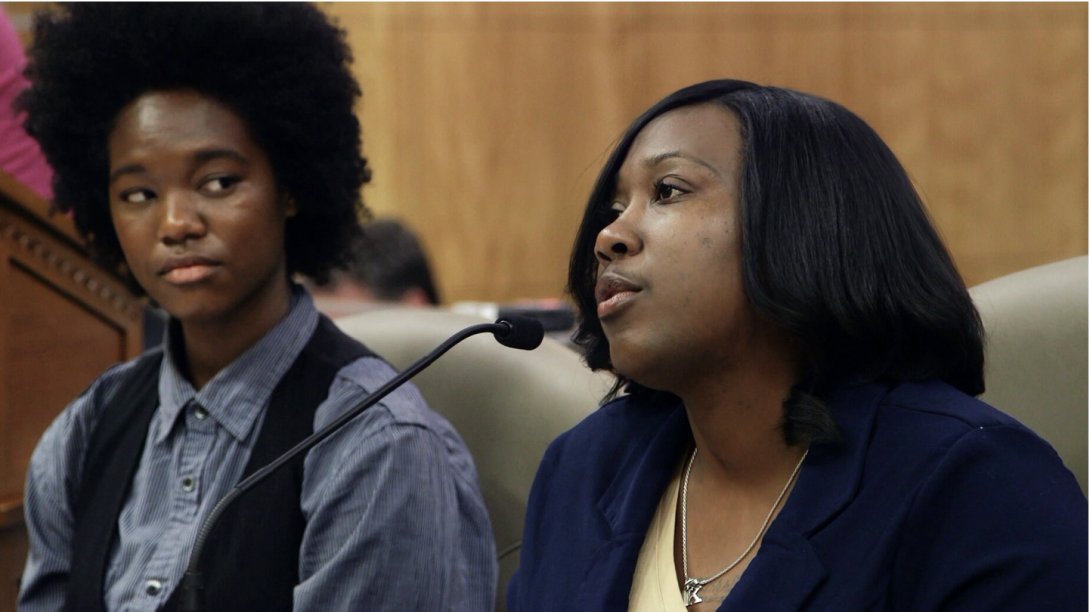
Indeed the incarceration system has detrimental impacts on Black women’s sexuality and reproductive lives. Black women represent 44% of the women incarcerated population. Their involvement with the incarceration system is often related to overpolicing and criminalization of the larger socio challenges they face such as poverty, drug abuse, and mental illness. Once in the system, Black women continue to be exposed to forms of violence that fringe their right to control their bodies, sexuality, reproduction-related decisions, and ability to parent. For instance, incarcerated women are more vulnerable to sexual harassment and rape, have little to no access to contraceptives, are either denied abortion care or subjected to involuntary sterilization. Pregnant incarcerated women are denied prenatal and postnatal care, and even though shackling (the use of handcuffs, leg irons and waist chains) in pregnant women have been banned in 18 states, such practice continues to take place in at least 23 states. More than 80% of women in the criminal justice system are either mothers (79%) or pregnant when they arrive (5%). Black women’s incarceration, even if for a short period of time, has long-lasting impacts on their families and children. According to the National Resource Center on the Incarcerated, “parental incarceration significantly increases the risk of children living in poverty, experiencing household instability, and dealing with behavioral issues”. Thus, beyond not being able to be physically present with their children, Black women’s incarceration exacerbates structural conditions their families are already experiencing. Lastly, the overpolicing of Black communities and the police murders of Black children deny Black women’s right to raise their children in healthy and supportive environments. Black women caretakers are in a constant state of worry, subject to the emotional turmoils that come with the fear of their children not being allowed to come back home and the pain of mourning the children who were taken away from them. The disregard for Black motherhood is also evident in the ways in which Black mothers become targets of violence when protecting and fighting for the lives of their children.
Learn more Heading link
The State of Eugenics (2017)by Dawn Sinclair Shapiro
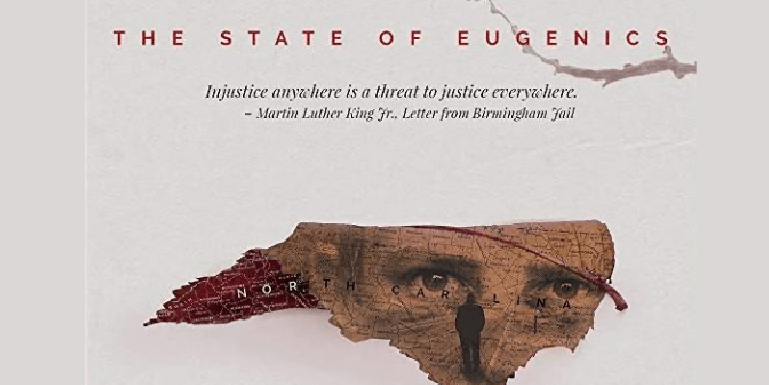
The State of Eugenics is a documentary that follows the journey of survivors, legislators, and journalists who fought for the state of North Carolina to address its history of eugenics sterilization of Black, poor, and people with disabilities between the 1930s and 1970s. The documentary also highlights the stories of Nial Cox Ramirez and Elaine Riddick, two Black women sterilized in their teen, who became engaged actors in demanding justice from the state.
Belly of the Beast (2020) by Erika Cohin

Belly of the Beast is a documentary captured over 7-years that features intimate accounts from currently and formerly incarcerated people, primarily women of color, about their experiences of illegal sterilization and other forms of reproductive oppression in U.S. prisons. This documentary highlights Kelli Dollin’s judicial battle, who in 2006, become the first survivor to sue the state of California for involuntary sterilization white incarcerated. While exposing the forms of reproductive violence incarcerated women are subjected to, Belly of the Beast connects the practice of coerced and illegal sterilization in U.S. prisons with the legacy of eugenics discourse, policies and practices in the country.
The Loudest Silence by the National Association to Advance Black Birth
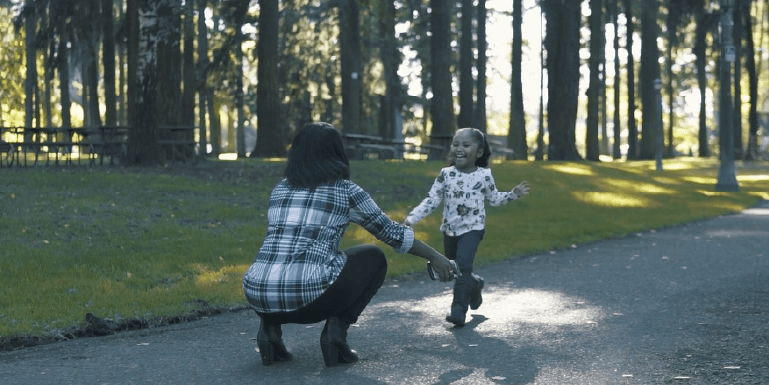
The Loudest Silence is a short documentary that highlights multiple factors impacting Black women and person birthing experiences including systemic racism, lack of cultural relevant prenatal and postpartum care, as well as racist medical training. The documentary also highlights that importance of supportive systems (e.g., doulas and culturally competent physicians) and call on all of us to take action toward protection Black birthing.
Killing the Black body: race, reproduction, and the meaning of liberty by Dorothy Roberts
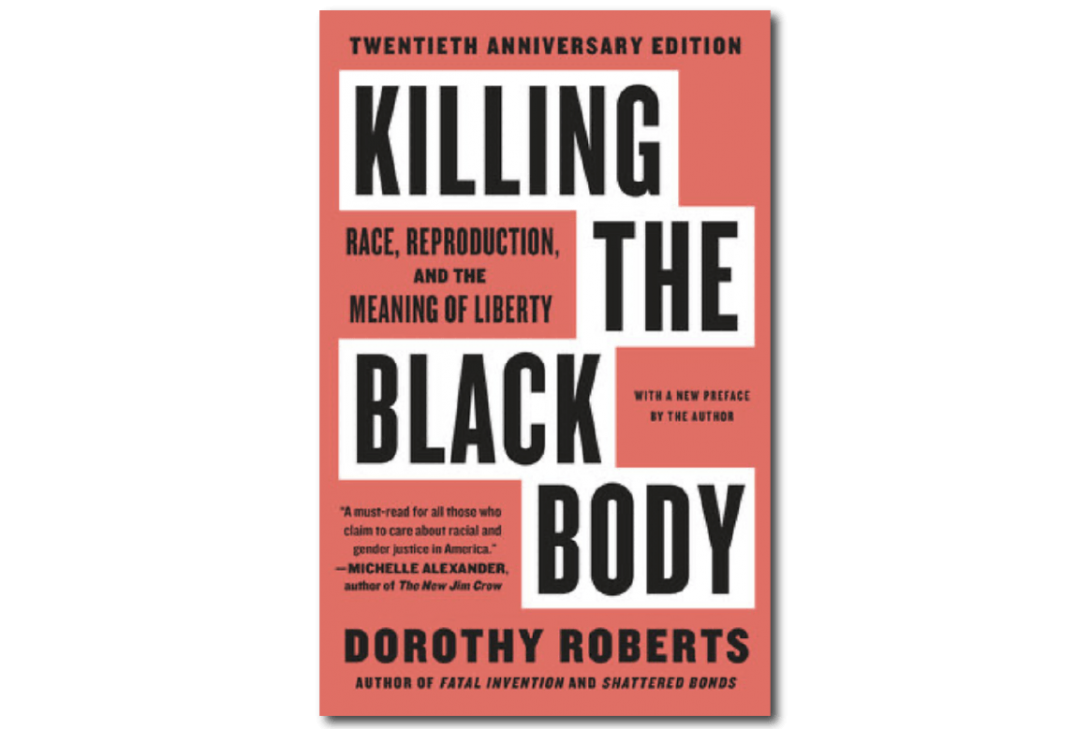
Killing the Black body exposes the systemic ways in which Black women’s bodies and Black motherhood have been devalued in the US. From the commodification of Black women bodies as factories of property during slavery, to the coerced sterilization of Black women, to the erasure o Black women’s needs from mainstream feminist movements, Roberts shows us how the laws, policies, medical practices, and social discourses have contributed to the disenfranchisement of Black women’s reproductive lives.
Our Bodies, Our Lives, Our Voices: The state of Black women and reproductive justice by Heidi Williamson, Marcela Howell, & Marcela Howell
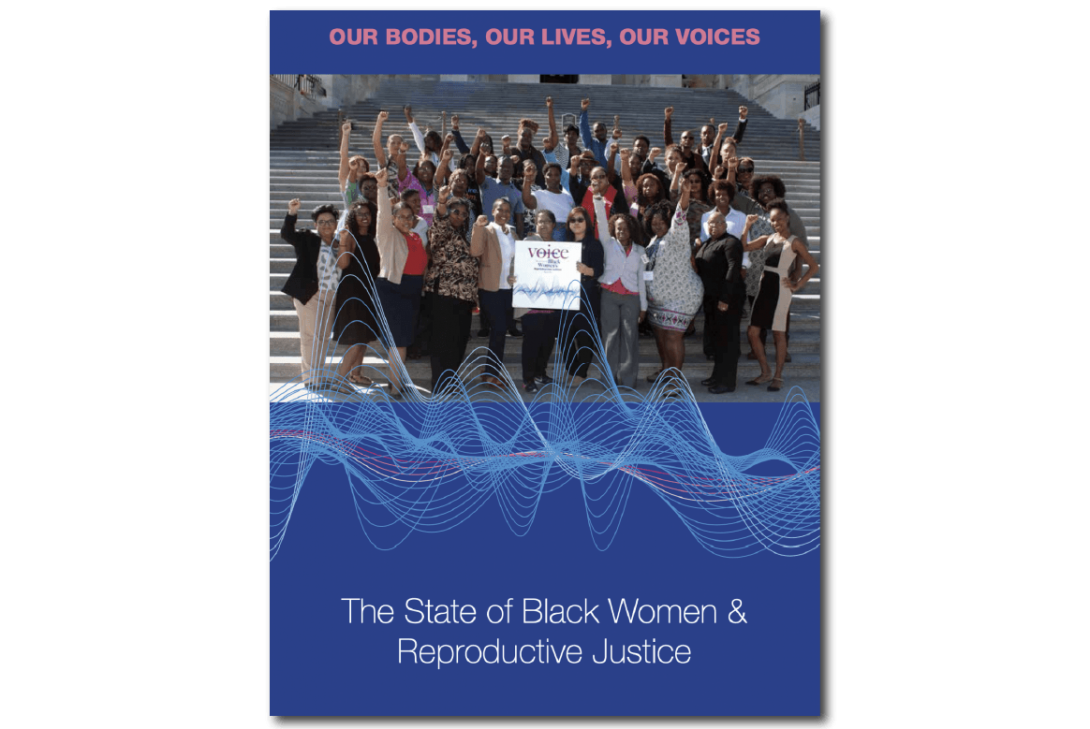
The Our Bodies, Our Lives, Our Voices report covers issues that are associated with reproductive and sexual lives of Black women (e.g. access to health insurance, access to contraceptive methods and abortions rights, sexual education) and draws connections between reproductive justices and other larger socio conditions that impact Black women’s reproductive lives such as criminal justice system and economic justice.
Protect your birth: a guide for Black mothers by Erica Chidi and Erica Cahill
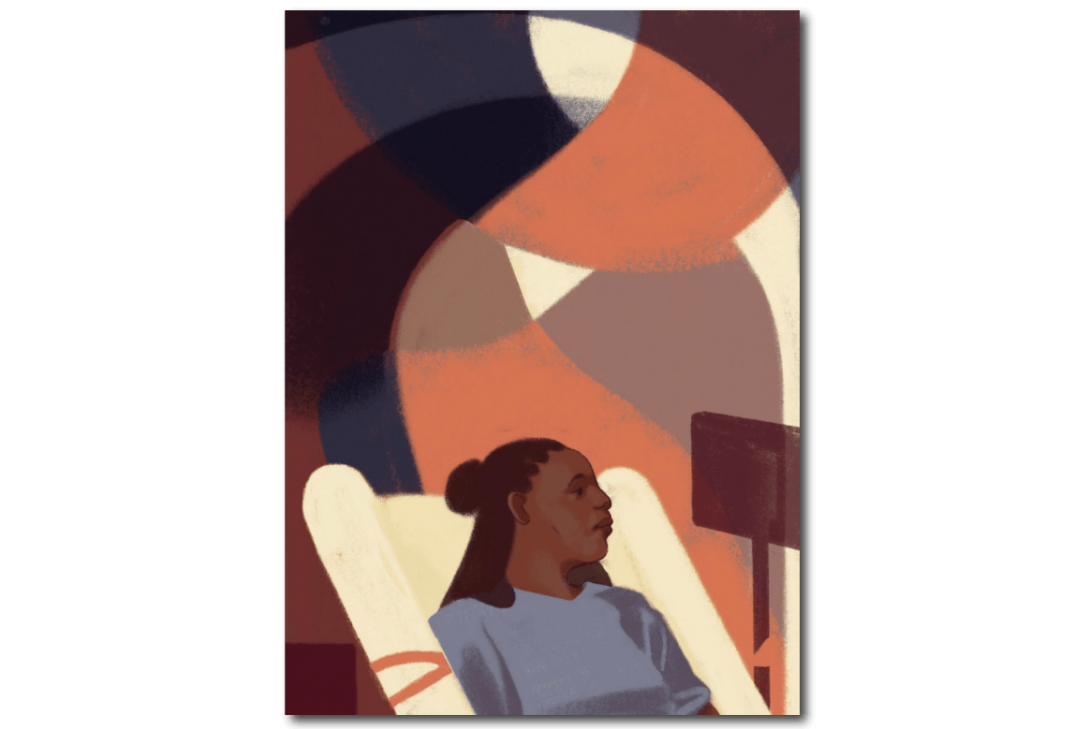
Protect your birth: a guide for Black mother is a short educational material for both Black mothers and physician that highlights some of the pressing issues Black women face during and after pregnancy as a result of racism and other systemic inequalities. The guide also provide practical recommendations for pregnant Black women as well as health care providers in how to be proactive in addressing Black women’s high risk of pregnancy-related illness and death.
